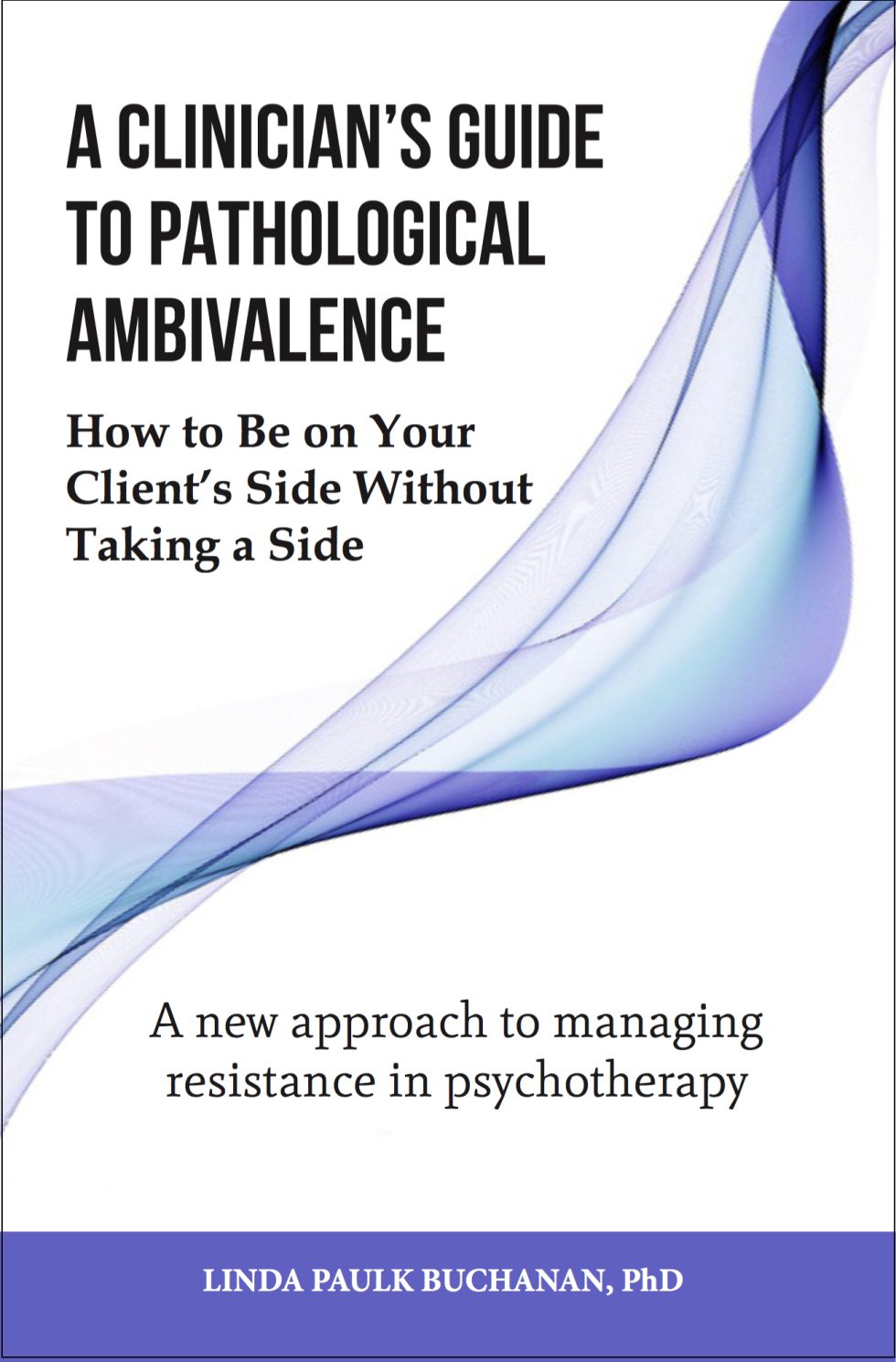Description
Perhaps no disorder is more confusing and perplexing to mental health professionals than Dissociative Identity Disorder. Does it exist? How often does it occur? How do I know if the client in front of me has it?
In this volume Dr. Elaine Ducharme takes the reader through the history of the disorder, discusses different aspects of making this difficult diagnosis, describes how dissociation comes to take place, how dissociation is experienced by the client, and ways to treat this unusual disorder. Dr. Ducharme draws upon her years of experience in treatment of clients with this diagnosis as a clinical psychologist and provides case examples to describe her fascinating work.
This book is essential reading for all mental health professionals who deal with clients who have been victims of trauma, or for those who want to improve their assessment and treatment skills with complex cases.
Read the introduction here (click arrow to expand)[expand]
Over the years, experienced clinicians have continued to doubt the existence of dissociative identity disorder (DID) and have argued over the best form of treatment for this cluster of symptoms. My goal in writing this book was to provide background information on DID and identify a comprehensive, integrated approach for diagnosis and treatment. I discuss appropriate history taking and identify specific red flags to watch for that may indicate the presence of DID. I review the structure and function of the alter personality system and discuss how to work effectively with the many types of alters. Information on how to deal with particularly difficult situations in alters such as suicidal ideation, homicidal thoughts and behaviors, substance abuse, eating disorders, and health problems that are present in only one or a few alters. Specific treatment techniques that foster a safe and effective clinical environment are discussed with an emphasis on maintaining healthy boundaries for both the patient and the psychotherapist. Case history examples are provided throughout to enhance learning. Reasons and techniques for integration are discussed. Finally, a review of the naysayers, those who deny the existence of DID, is presented. Believe me, they exist and at times can make treatment very complicated.
I have worked in the area of trauma and abuse for more than 34 years. I began seeing abused children when I worked as a nurse on a pediatric unit in the 1970s. People didn’t really talk about sexual abuse at that time. I frequently heard physicians blame torn hymens in young children on falls from a bicycle. Venereal diseases in young kids were simply “caught” from a toilet seat. And I was told that the mentally retarded 12-year-old African American girl who had just delivered a baby was “fine” and “the pregnancy was part of her culture.” Something certainly didn’t feel right to me. I began asking a lot of questions and came up with very different answers. One physician commented that since I had started working at the hospital, they were seeing a lot of abused kids. He wondered what I was doing. I responded simply. I told him I was asking questions.
At that point in my career, however, I knew little if anything about DID. As a result, I didn’t even know the right questions to ask. As I moved forward in my schooling and received my PhD, I still learned little. It wasn’t until I was in private practice and met my first “multiple” that my real education in DID began. I hope to be able to share with you what I have learned. My patients have taught me far more about the human spirit and resilience than I have ever learned from books. They have agreed to let me share their stories. I have agreed to be honest both about my best moments and some of my less-than-stellar moments. It is only through this honest approach that I believe we can all grow. [/expand]
About Dr. Ducharme
 For over 30 years Elaine Ducharme, Ph.D., ABPP has treated people suffering from trauma and abuse. An eloquent communicator, she writes and lectures on mental health issues, and is frequently called upon by the media for her expert commentary.
For over 30 years Elaine Ducharme, Ph.D., ABPP has treated people suffering from trauma and abuse. An eloquent communicator, she writes and lectures on mental health issues, and is frequently called upon by the media for her expert commentary.
Dr. Ducharme is a clinical psychologist in private practice, and adjunct professor at the University of Hartford. She is Board Certified in Clinical Psychology and a Diplomate in Forensic Psychology. Her previous book, Must I Turn the Other Cheek, addresses the repercussions of premature forgiveness of sexual abuse.
Are you considering this book for a class you are teaching?
Request a review copy. Download the request form and email it as an attachment to jeffzimmermanphdATthepracticeinstitute.com.





